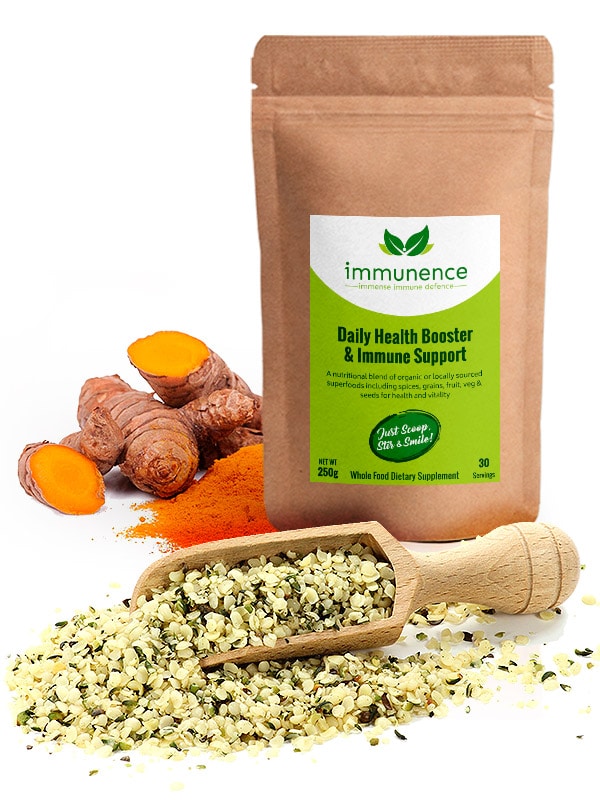The phrase “you are what you eat” was coined in the early 1800s by a French lawyer, but didn’t become popular in the United States until the 1920s after a doctor strongly believed that food influenced health. The philosophy re-emerged in the 1960s during the organic-food movement as more and more evidence supported the idea.
Today, many people live by this philosophy for the simple, or not so simple, choices we make every day about what to eat and put in our bodies.
What makes whole foods “whole” and processed foods “processed”?
Whole foods are generally characterized as foods that have not been processed, refined or had ingredients added to them. Whole foods include fruits, vegetables, legumes, nuts, seeds, whole grains, meat, fish and eggs. Think of food that you look at and recognize as something that exists in nature, like broccoli, a fish or a potato. In addition to a whole-foods diet, some people may eat a whole-foods, plant based diet, which simply excludes animal foods, like meat, fish, dairy and eggs.
 LANGUAGE
LANGUAGE SPANISH
SPANISH


0 Comments